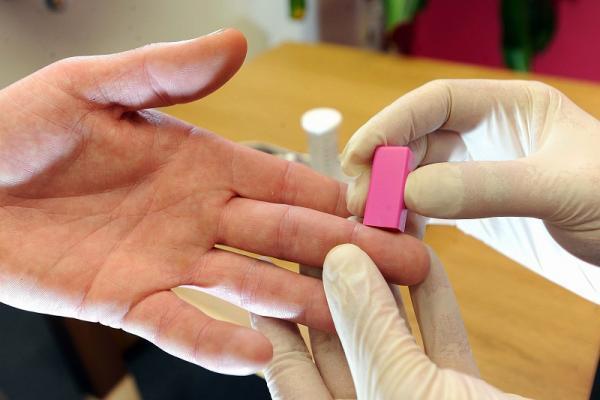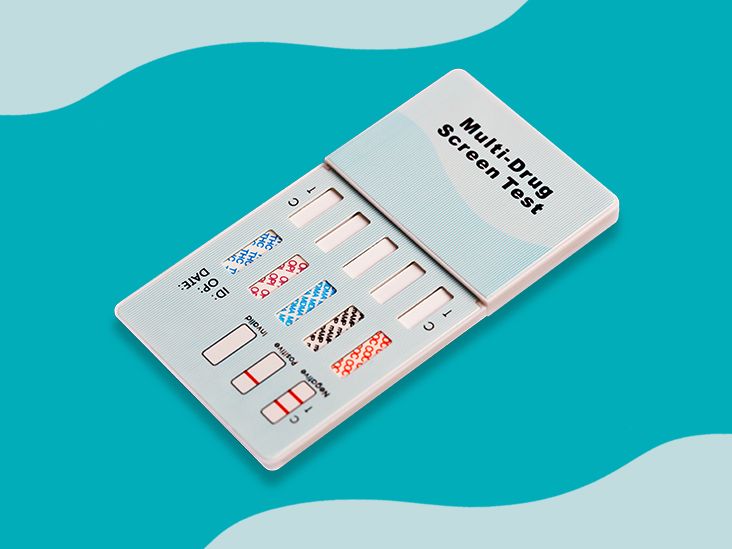
Chlamydia is an STD that is sexually transmitted. You can get chlamydia from having sex with a person who already has the infection. Chlamydia can also be passed to a pregnant woman through vaginal, oral, or anal sex. If you have been treated for chlamydia in the past and have been tested in the current year, you may get re-infection even if you have been treated successfully in the past. The best way to avoid contracting chlamydia is to have one full sexual partner and use a condom every time you have intercourse. You can also get chlamydia by having multiple partners or being a sexually active college student.
There are several risk factors for contracting chlamydia. If you are a male and have sex with a female who is not treated, you increase your risk of getting infected with chlamydia. You can also get chlamydia from having sex with a new partner who does not practice safe sex. Women between the ages of 18 and 29 years old, women who are pregnant, and those who use steroids, drugs, or any kind of illegal substance are at a greater risk for contracting chlamydia.
The symptoms of chlamydia are usually not very noticeable. A white creamy discharge may occur with some infections. Other symptoms include sharp pains in or around the vaginal area, pain during urination, and bleeding after sexual intercourse. These symptoms do not mean that you are already suffering from an infection when they occur, but it is important to see your doctor as soon as possible. A semen analysis is usually required to positively identify the infection so treatment can be started. Some of the most common treatment options are antibiotics, medical procedures such as sutures, and birth control pills.
Untreated chlamydia may also result in testicular pain, infertility, or a deformed scrotum. Less frequent but more serious complications include problems with the eyes, lungs, heart, and kidneys. The testicles can be affected causing damage, blockage, or the inability to hold sperm. In some extreme cases, the testicles may be totally detached from the body, which is what causes testicular cancer in men. It is very important to immediately report any abnormal chlamydia symptoms to your doctor so prompt treatment can be started.
If left untreated, a male chlamydia infection can cause serious health problems such as infertility, urinary tract infections, and even cancer of the testicles. The male reproductive organs are designed to be capable of holding sperms for an extended period of time until the sperm becomes mature enough to be expelled. However, if a male is suffering from a bacterial or viral infection, the penis cannot produce sperms and the result is a fertile female partner. This can affect not only males but females too. Women can become infertile if they are diagnosed with a male chlamydia infection because it can cause a severe hormonal imbalance.
If you have any of these symptoms, you should go see your doctor immediately. These signs could indicate that there is an infection present. Chlamydia symptoms in both sexes can include a burning sensation when urinating, thick urine, and unusual pain while urinating or during sexual intercourse. If you have any of these symptoms, it is wise to see a doctor right away. There are many forms of Chlamydia treatment available, but you should never have sex if you are infected with Chlamydia. STD Tests can be found on this site.



